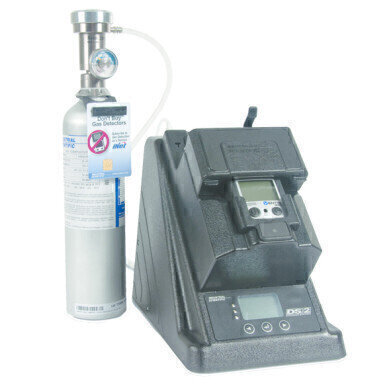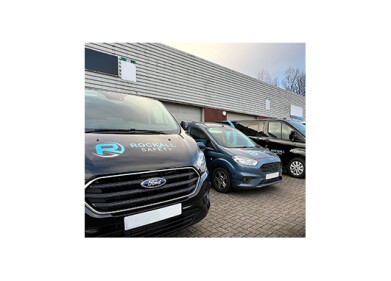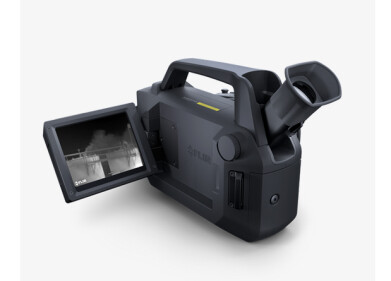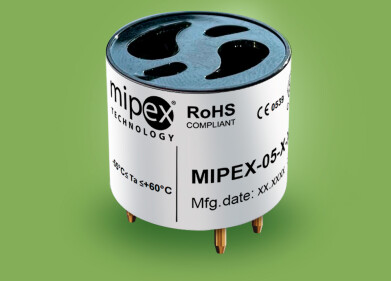Gas Detection
Do You Know the Importance of Bump Testing & Calibration?
May 23 2013
Gas detection technology has developed rapidly, bringing with it the introduction of “maintenance free” gas detectors. As a result, gas detection users have become more reliant on the sensor lasting longer, assuming that the detector will work properly without routine calibration. However, this isn’t the case – the only way to verify a gas detector is fully functioning and responding to gas is through routine calibration and bump tests.
Bump testing is carried out through testing the instrument with a known concentration of gas. This determines whether the sensors are responding accurately and that the instruments alarms are responding at the right levels. In short, it is the measure response of an impact to an object. The requirement for bump tests go beyond personal preference as many companies insist that bump tests are carried out before going onto any sites; not only for safety purposes but for insurance and liability purposes. It is worth noting that by law it is required that there are written recordings of calibrations for said purposes.
Although bump testing verifies the condition of the sensors and the alarms, it doesn’t determine the accuracy of the instruments readings if the detector fails its bump test then the gas detector must be readjusted through a full calibration. Calibration involves two steps – first the instrument must be zeroed and then the span must be set. Calibrating an instrument is the process of determining the performance parameters of an instrument by comparing it with the measurement instrument.
There’s a lot of confusion surrounding when an instrument needs to be calibrated and/or bump tested. Some think once a year, others quarterly - so how often should you be calibrating your gas detector? Typical calibration frequencies for most applications are between 3 and 6 months, but calibration can be required more frequently or less frequently based on your usage – for example if you have a gas detector that you’re only using twice a year then it must be calibrated before each use.
It is recommended that calibration is a service that should be tailored to each user. It is worth calibrating your instrument on a weekly basis, noting any changes and / or sensor drifts; if the changes are of little significance then the frequency of calibration can be decreased. It is strongly recommended that intervals should not exceed 30 days.
Calibration stations or full instrument docking stations have been developed to manage the entire process and ensure whether the detector is fit for use.
The DS2 Docking Station from a1-Cbiss (UK) provides the ultimate flexibility for managing your Industrial Scientific gas detectors wherever you use them. Ethernet connectivity enables you to link up to 700 stand-alone Instrument Docking Stations (IDSs) from remote locations anywhere in your facility and relay the data back to the central database for total instrument management. A graphical user interface tool allows an administrator to view operations on each Docking Station from a network computer, making it easy to track instruments, print reports, set events and change parameters for any location.
The DS2 gives you all of the benefits of consistent automated calibration, record keeping, battery recharging, and instrument diagnostics for your monitors to limit your liabilities and safety hazards.
Whether you manage one gas detector or an entire fleet, the DS2 provides superior cost-savings and flexibility.
Digital Edition
IET 34.2 March 2024
April 2024
Gas Detection - Biogas batch fermentation system for laboratory use with automatic gas analysis in real time Water/Wastewater - Upcycling sensors for sustainable nature management - Prist...
View all digital editions
Events
Apr 30 2024 Melbourne, Australia
Apr 30 2024 Birmingham, UK
May 03 2024 Seoul, South Korea
May 05 2024 Seville, Spain
May 06 2024 Minneapolis, MN, USA


















